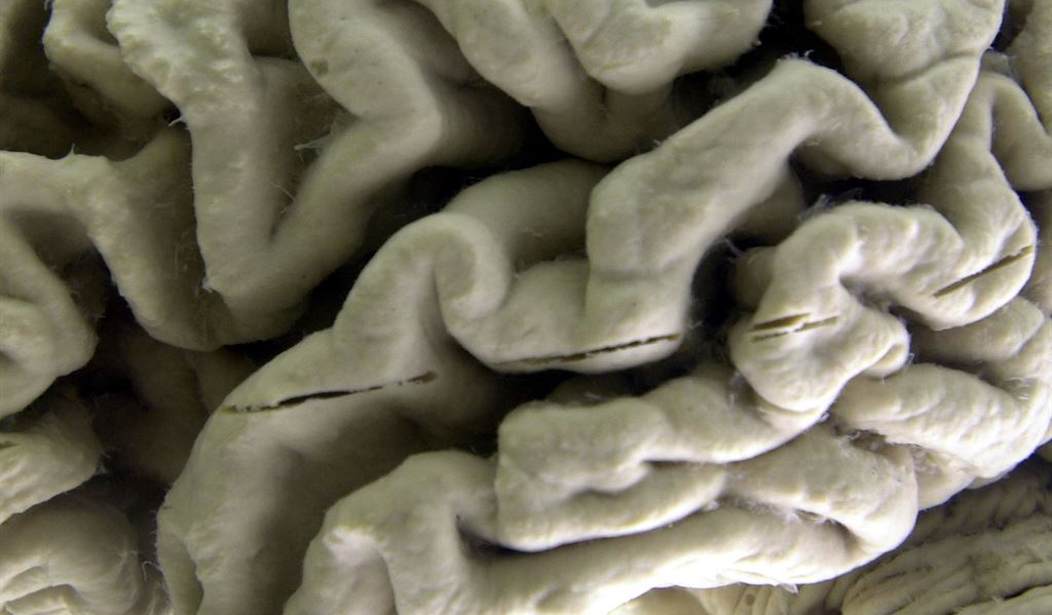Elon Musk’s Neuralink won a major regulatory victory recently as the FDA has granted the company permission to move ahead with human clinical trials.
Via Reuters:
Elon Musk’s brain-implant company Neuralink on Thursday said the U.S. Food and Drug Administration (FDA) had given the green light to its first-in-human clinical trial, a critical milestone after earlier struggles to gain approval.
The FDA nod “represents an important first step that will one day allow our technology to help many people,” Neuralink said in a tweet. It did not elaborate on the aims of the study, saying only that it was not recruiting yet and more details would be available soon.a
“This is the result of incredible work by the Neuralink team in close collaboration with the FDA and represents an important first step that will one day allow our technology to help many people. Recruitment is not yet open for our clinical trial. We’ll announce more information on this soon!” the biomedical firm reported in a Tweet.
We are excited to share that we have received the FDA’s approval to launch our first-in-human clinical study!
This is the result of incredible work by the Neuralink team in close collaboration with the FDA and represents an important first step that will one day allow our…
— Neuralink (@neuralink) May 25, 2023
Frankly, perhaps — and this sounds harsh for sure and it’s certainly not an overly Christian sentiment but rather more aligned with social Darwinist ideology – the individuals who volunteer themselves to undergo this ridiculously poorly conceived experiment maybe deserve whatever they get. The risks should be so transparent to anyone looking at the cost-benefit analysis that it would be hard to feel pity for those who voluntarily submit to the program.
How about this: since the FDA is willing to endorse this nonsense, how about the Public Health™ bureaucrats who greenlit it be the first to receive the implants?
What makes this whole project even more predatory than it otherwise would be is the fact that the interface is being sold to the public as a potential cure for currently untreatable diseases like neurodegenerative conditions. So the people most likely to volunteer for the experiments are likely to be the sickest and most desperate.
Many companies provide financial incentives to lure patients into their trials, but in this case I imagine that won’t be necessary due to the nature of the experiment and the promise of hope for otherwise hopeless patients and their families.
Consider the cautionary tale of Parkinson’s disease patient Jean Burns, via US & World Report:
A decade after Jean Burns was diagnosed with Parkinson’s disease, she needed a miracle. Even the drugs of last resort had let her down.
Burns, who says she is “often frozen to the floor” by Parkinson’s and unable to move her feet, pinned her hopes on an experimental gene therapy study at the National Institutes of Health in Bethesda, Maryland. She knew the treatment would be risky. Surgeons would infuse genes deep into her brain. Only two other patients had gone before her. Burns would be the third.
If it worked, the genes might unlock her muscles and turn back the clock on the progression of her illness. But the purpose of the study is to determine whether the treatment is safe. It will likely be years before researchers test its effectiveness. The informed consent Burns signed offers a litany of potential risks, including a stroke that could plunge her into a vegetative state.
If anything went wrong, she reasoned, she’d be at a world-class research center, where she would be well cared for. Then Burns read the NIH policy on “research-related injuries,” spelled out on the last page of the 21-page consent form. While the government welcomed her participation in the trial, it said, Burns would receive “no long-term medical care or compensation” if she were injured.
Burns, 65, of Phoenix, had stumbled into a black hole of medical ethics. There are no rules in the U.S. requiring research organizations to compensate people injured in clinical trials.
If the Neuralink experiment works without serious adverse effects – or, as often happens in the biomedical industry, even if it doesn’t and the company rigs the study and gets approval anyway — Neuralink will get rich beyond its proprietors’ wildest dreams. If it maims a few patients in its quest, they’ll get dumped on the side of the road with a “sorry” note.










